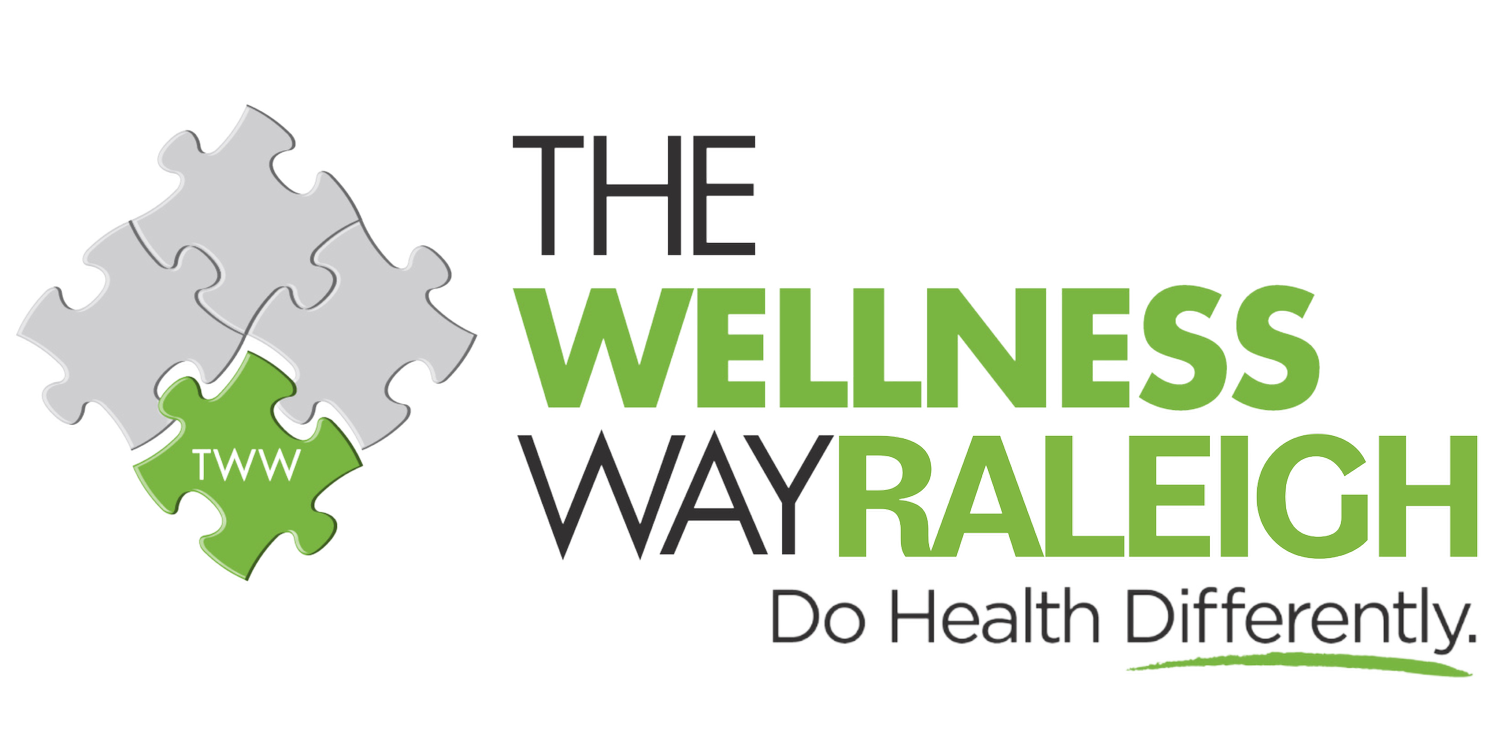Men’s Health Month: A Wake-Up Call for Wellness
Men’s Health Month is more than a reminder to schedule your yearly check-up — it’s a call to take charge of your health before symptoms become serious. While many men believe that aging means declining strength, lower energy, and more health problems, that doesn’t have to be the case. With the right habits and early interventions, men can maintain vitality, mental clarity, and physical strength for the long haul.
Men’s Health by the Numbers
Heart disease is the leading cause of death among men, causing 1 in 4 male deaths.
1 in 9 men will be diagnosed with prostate cancer during their lifetime.
Men are more likely to develop type 2 diabetes, especially with obesity and inactivity.
Testosterone levels are declining across generations, not just with age — lifestyle and environmental factors play a major role.
Red Flags You Shouldn’t Ignore
Early warning signs are often brushed off as "normal," but they’re usually your body asking for support. Common symptoms to watch:
Low energy or chronic fatigue
Decreased libido or performance issues
Mood swings, irritability, or depression
Increased belly fat or sudden weight gain
Poor sleep, snoring, or sleep apnea
Difficulty building or maintaining muscle
Joint pain or stiffness
Brain fog or trouble focusing
These signals are often linked to underlying inflammation, hormone imbalance, nutrient deficiencies, or stress — not just age.
Sugar and Testosterone: The Hidden Link
High sugar intake can tank testosterone levels, especially in men with insulin resistance. Even one sugary meal can cause a noticeable dip in testosterone production.
What to do:
Ditch refined sugars and sweetened drinks.
Focus on protein, fiber, and healthy fats to balance blood sugar.
Exercise regularly to improve insulin sensitivity.
Avoid sugar before or after workouts to support healthy hormone responses.
3 Common Myths That Hold Men Back
1. Testosterone naturally decreases with age. Reality: While slight changes are expected, large drops are often due to lifestyle — poor sleep, stress, processed foods, and toxin exposure. Fix: Optimize sleep, reduce stress, and get hormone levels tested regularly.
2. It’s all genetic — there’s nothing I can do. Reality: Genetics are a factor, but lifestyle plays a much larger role in chronic conditions. Fix: Prioritize movement, real food, and reduce toxic exposures. The power is in your hands.
3. Mental health issues don’t affect men the same way. Reality: Men are just as affected by stress, depression, and anxiety — they’re just less likely to talk about it. Mental health directly impacts physical health, libido, and hormone balance. Fix: Normalize mental health care. Even 5 minutes of daily breathwork, journaling, or conversation can help lower cortisol and support overall wellness.
The Power of Testing: Know What’s Going On
Want real answers? Test, don’t guess.
Custom Male Panel Bloodwork: Comprehensive blood testing reveals key imbalances in hormones, inflammation, and nutrient levels that impact energy, strength, and long-term health.
Mold/Mycotoxin Testing: Mold toxins wreak havoc on hormones and immune function, especially in environments with hidden water damage or poor ventilation.
& other tests based upon your unique needs and concerns!
The Takeaway
You don’t need to wait for a wake-up call to make your health a priority. The best time to get ahead of health issues is now — with small changes, smart testing, and consistent habits that support your body’s natural balance.
Ready to Go Deeper?
Download our free Men’s Health Guide with practical tips, testing recommendations, and step-by-step support to help you feel your best at any age.

